Holding screening interviews over the telephone is constantly becoming a more common practice. It comes with many benefits, as it saves both the interviewer and the interviewee time and money otherwise spent on travelling to and from the interview, waiting for any possible delays in arrival to the interview and so on. Nonetheless, it is a relatively new and growing technique, and as such conference call tips can be extremely useful, to make sure you get the most out of your telephone conference. To help you hold the most successful conference call interviews possible, here is a list of handy ‘do’s and ‘don’t’s to keep in mind.
DO:
Consider using a headset while conducting your interviews
Realistically, holding up a telephone to your ear all day while you interview all your candidates can get very tiring, and practically using a headset can make your life a lot easier. It’s much more difficult to take notes while you talk and listen if you are trying to write with only one hand, or hold the phone to your ear with your shoulder.
Test your questions before the interviewing process begins
Try them out on co-workers – you might get some really useful, often unexpected feedback. By taking this step, you can amend any questions which may be too difficult, too specific, would benefit from being asked face to face where visual aids are available and so on. That way, if a candidate seems to be struggling with a question, you can feel confident that it is because of a lack of understanding or skills on their part, rather than the fault of the question.
Give an outline of the intended structure for the conference call interview
This can be reassuring to candidates who may be feeling stressed and uncertain about what to expect, and offers a nice way into the call. It also means that as the call goes on, they will have a feel of how far along they are and how long is left.
Smile while you speak!
Although there aren’t visual cues, you can still gain a lot from verbal and non-verbal cues which can be heard over the phone. A smile will translate in your voice, and help set the candidate at ease and create a welcoming atmosphere for the interviews. You need to know about how much you can learn in a call without relying entirely on what the participant is actually saying.
Aim to follow the 5-20-5 format
That is, 5 minutes talking about the company and the specific job role being interviewed for, 20 minutes of questions and 5 minutes answering any questions the candidate has.
DON’T:
Let the call be interrupted
Set aside time specifically for the interviews, and let your colleagues know that you will be busy during those hours. Interruptions can be distracting for both you and the interviewees, and can seriously detract from the atmosphere of professionalism desirable in a conference call interview.
Use a phone that could run out of charge at any minute
You should aim to use a telephone which is either plugged into its charger, or runs from the mains supply anyway. Your phone suddenly dying in the middle of an interview would be an incredibly distracting and confusing thing for everybody involved, and again would create serious questions about your professionalism. For interviewer and interviewee alike, it is important to create the right impression, so always be prepared.
Go in completely unprepared
Get to know a little about each candidate before you begin the interview with them, and try to have their CV to hand to refer to during the course of the call.
Keep your thoughts locked away in your mind until the night after the calls have taken place
You should try to take notes while the interviews are happening, or as soon after as possible, so your ideas and impressions are still fresh and the amount you have forgotten is still relatively minimal. This will provide you with something to look over as you whittle the number of candidates down for the next stages, and also allow you to share your thoughts with colleagues. If you use a conference call bridge which offers the service, a really good idea could be to make use of a call recording function. That way, you can take notes at your leisure whenever you have time, and you can download the file to send to colleagues.




